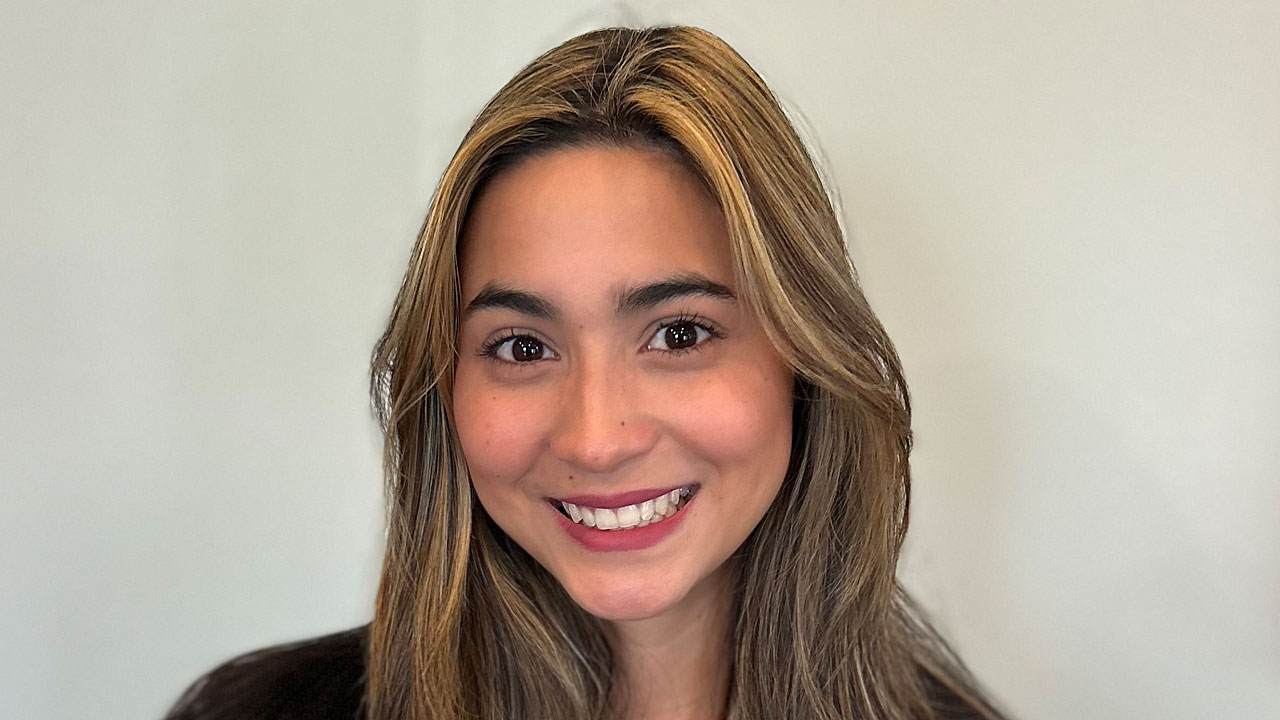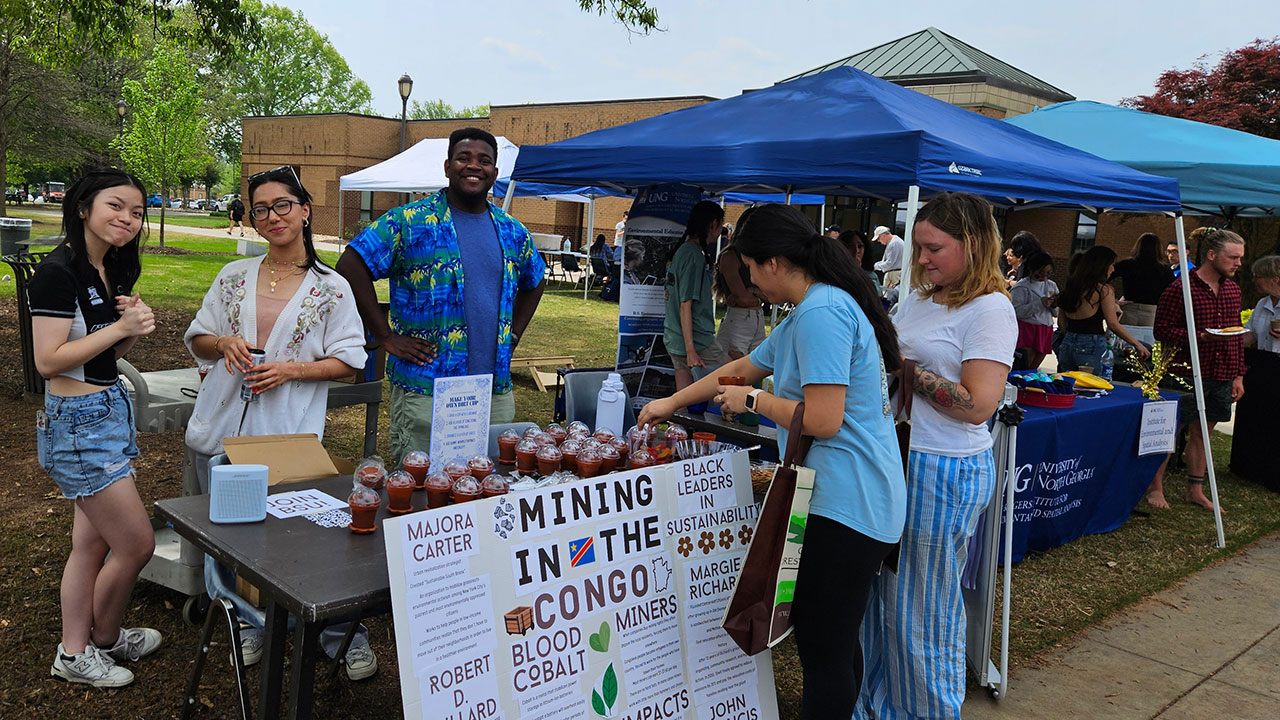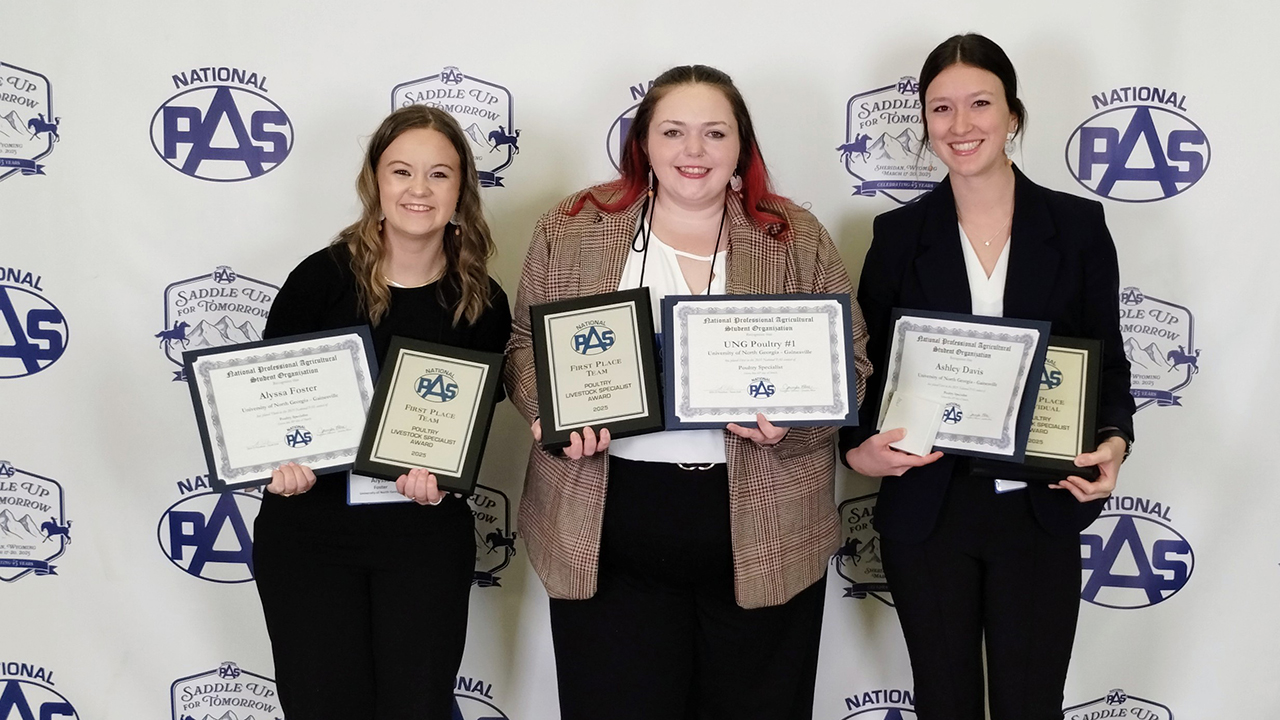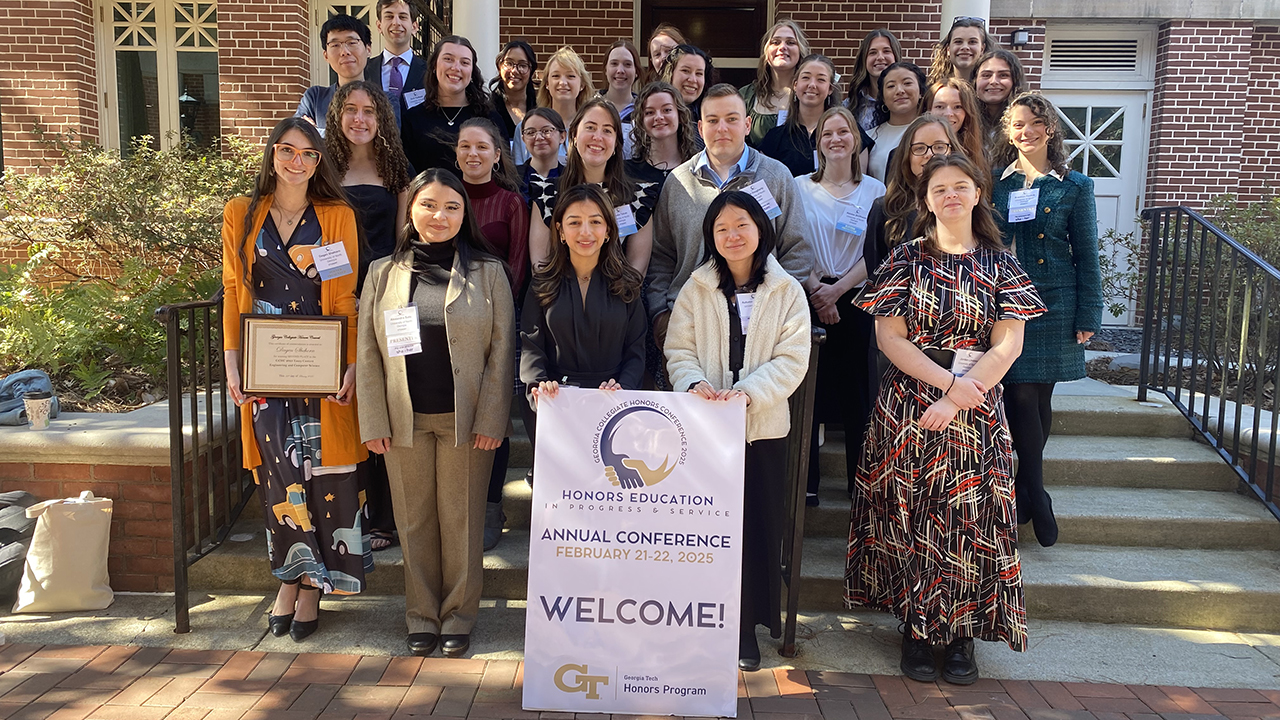FUSE grants awarded to eight faculty members
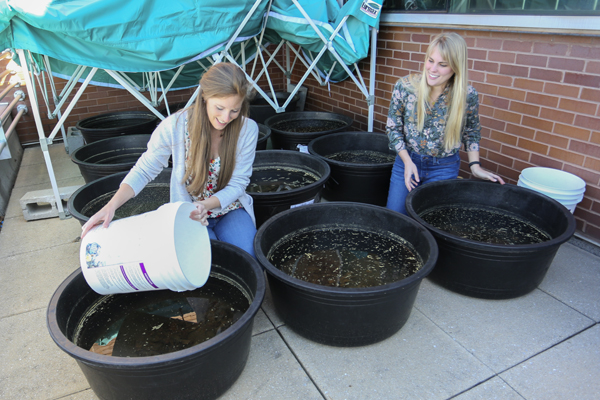
Article By: Staff
After lecturing about research at an environmental education workshop sponsored by the University of North Georgia (UNG), Jessica Patterson was approached by an advocate with Save Georgia's Hemlocks.
"He told me my research was interesting and the same principles I used should be applied to the chemicals used on hemlock trees," the lecturer of biology at UNG said. "And I thought, 'That's a really good idea.'"
Patterson teamed up with Aminda Everett to study the effects of hemlock tree insecticide treatments on amphibian feeding behaviors. It is one of five projects funded through the Faculty Undergraduate Summer Engagement (FUSE) program.
Sponsored by the Center for Undergraduate Research and Creative Activities (CURCA), FUSE funds meaningful research and scholarly and creative activities among faculty and students from June 1 to July 24. The program provides a stipend for faculty members and money for materials.
While summer 2020 semester classes will be online, the FUSE projects will continue. Dr. Anastasia Lin, vice president of research and engagement, explained the faculty have prepared two alternatives: full social distancing and shelter in place.
As many external research opportunities are canceled due to COVID-19, we felt it even more important to put plans in place so that FUSE could go on," she said. "I'm greatly impressed by our faculty's flexibility and creativity in rethinking their projects to ensure students receive a robust research experience while following safety protocols like social distancing or shelter in place if appropriate."
Students benefit from the program in more ways than one. Aside from conducting undergraduate research in their chosen field, they are paid for their online participation in the eight-week summer project. They also learn how to construct a poster, write a personal statement, and develop other professional skills.
Dr. Connie Ringger, professor of psychological science at UNG, will have students in her research project research jurors' attitudes toward criminal defendants who members of more than one minority group. She said the students will develop critical thinking skills.
"In high-school, teachers tell students what we know," she said. "In college, instructors help students become aware of what we know and what we don’t know. By doing research, students learn how to search for answers to what we don't know."
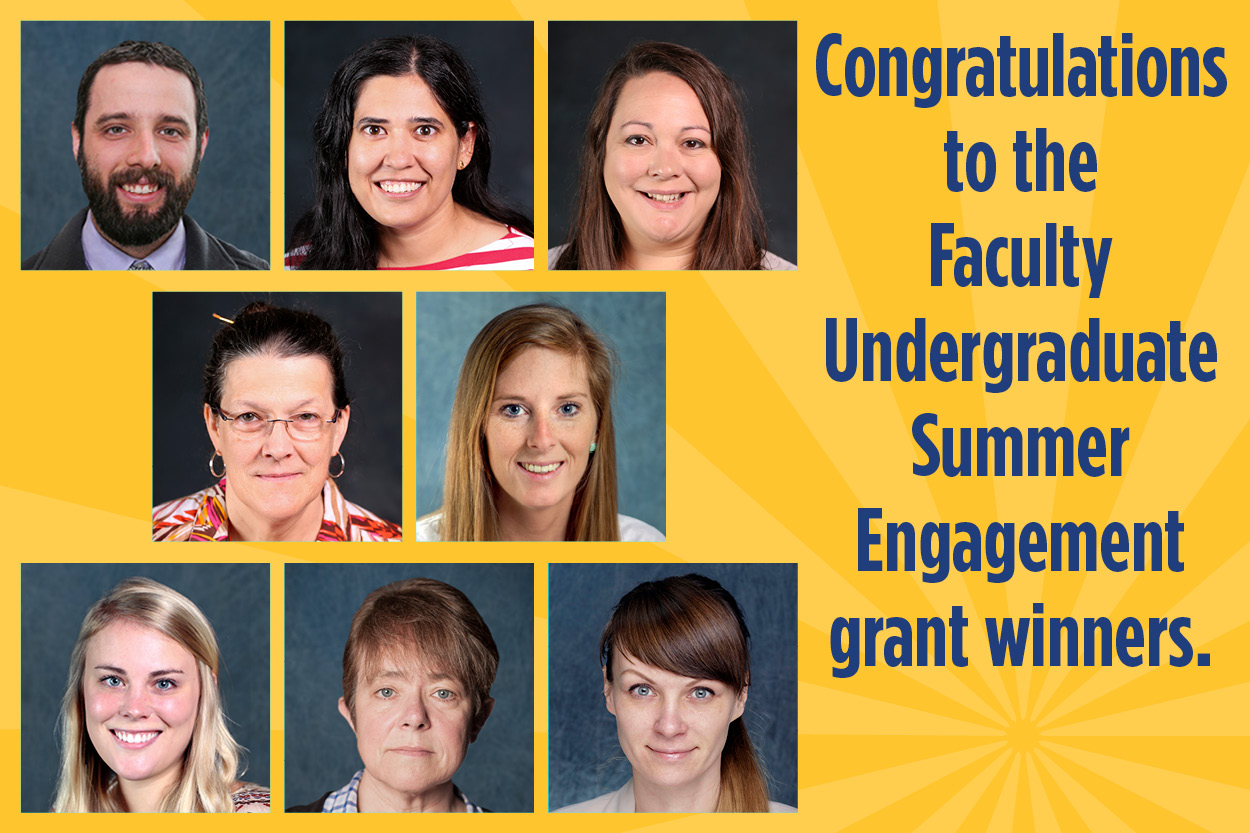 |
|
Faculty members who received a FUSE grant are, from top left, Dr. Gregory Feiden, Swapna Bhat, Dr. Jeanelle Morgan, Margi Flood, Jessica Patterson, Aminda Everett, Dr. Connie Ringger, and Tatiana Maslova. |
Dr. Greg Feiden, assistant professor of astronomy, said his students will learn to use the new equipment using social distancing at the North Georgia Astronomical Observatory as they hunt for planets.
"I'm looking forward to using the instruments and working with the new telescopes," Feiden said. "And the real fun will begin as we examine the data."
Everett, who has been a lecturer of biology at UNG for one year, was pleased the university provides funds for faculty and student research projects.
"I thought the research project and funding were great," she said. "It's a good incentive for students."
Faculty members awarded FUSE grants and their projects for summer 2020 are:
- Swapna Bhat, Dr. Jeanelle Morgan and Margi Flood: Enumeration of coliforms and antibiotic-resistant bacteria in Tumbling Creek construction zone.
- Everett and Patterson: Elucidating the effects of Eastern Hemlock chemical treatments on amphibian feeding behaviors.
- Feiden: Planet Hunting at UNG: Developing a Data Reduction Pipeline for UNG's Echelle Spectrograph.
- Tatiana Maslova: Intercultural Competence in Learning Russian.
- Ringger: Race and gender identity: Do the combination of defendants' characteristics affect juror decisions?
For more information about FUSE and other research opportunities, visit the CURCA webpage.
